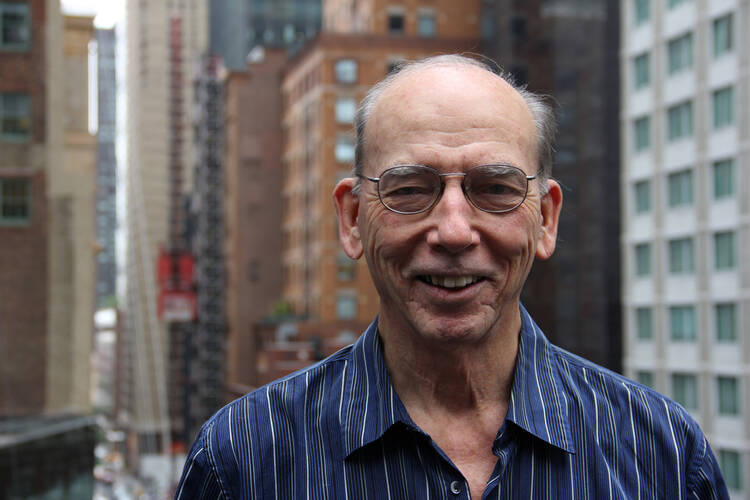‘Everyone—certainly every reader of National Review—knows America’s public schools are a disgrace.” That’s the lead sentence from a book review in National Review titled “Save the Next Generation” (3/1). The story is familiar: drop-outs, violence, drugs and the “rubber room” where burned-out tenured teachers rot while Singapore and Finland whip us in comparative exams.
Today’s education world has wars on several fronts: schools replace human beings with massive open online courses; charter schools serve only a tiny percentage of the population but compete for already too-slim resources. Joseph Featherstone writes in The Nation (2/17) that teachers’ unions have too often fought reforms by which bad teachers can be dismissed.
Nevertheless, today’s education establishment is determined to shake off the mantel of mediocrity with the new Common Core State Standards, which require every teacher to pass the equivalent of an educator’s bar exam to enter the profession and will encourage a national, writing-intensive curriculum that cultivates reasoning skills. The SAT exam has been rewritten to represent material taught in the classroom, eliminate unusual words that may be unfamiliar to minorities and make the writing sample optional.
The stickler question is: How deeply do the faculty and administration commit themselves to the institution? It is hard to escape the family analogy. Fordham’s president in the 1950s, Laurence J. McGinley, S.J., addressed us as “members of the Fordham family.” And just as the family is the basis of society, schools must produce new generations steeped in American history and literature to maintain the democracy without which we perish.
Tenure, a lifelong commitment, gives security. But tenure is also a political decision, by which a clique can conspire to eliminate a rival. And if the institution lacks fair and open procedures to hold each participant responsible for his or her vote, justice will lose and the institution’s integrity will suffer. In February, nine public school students in California sued the state over a policy that grants tenure to a teacher after only 18 months; then the school is basically stuck with him or her forever. But union members argue that only tenure can keep teachers from being arbitrarily fired.
I support tenure, and I’ve had to fight for it twice; but 18 months is too short a period. High schools, like universities, should grant tenure in the sixth year. Norms should be the same: teaching, research and publication and community service. Chairpersons and deans should evaluate every teacher every year with several class visits, student interviews, syllabus analysis (how many good books and papers are assigned?), concluding with a written evaluation signed by the dean, chair and teacher with the teacher’s strengths and weaknesses detailed. Committee work demonstrates one’s service to the immediate community. After six years, an elected faculty committee chaired by the dean, all of whose members sign the report, makes the decision.
Demonstrated scholarship for high school teachers need not resemble the scholarly tomes of research university professors, but should demonstrate to one’s peers by various projects—articles, book reviews and presentations at conventions—that the teacher is up-to-date and contributing to the larger educational community. This sounds demanding, but the future of American democracy is at stake.
Featherstone observes, “Good teachers always exist in numbers, but they are rarely developed by the system.” Then he gives us all homework by referring to David Kirp’s book Improbable Scholars, about how Union City, N.J., reformed its school system with no charters, no corporate reform and no school closings. There was just concentration on mutual respect, emotional and character building, student and parent involvement and more rigor in the curriculum.
Jacques Barzun, in From Dawn to Decadence: 500 Years of Western Cultural Life, 1500 to the Present, says that Jesuits shone as schoolmasters “unsurpassed in the history of education” because they constantly revised their methods. “They knew that born teachers are as scarce as true poets and that the next best cannot be made casually out of indifferent materials, so they devised a preparation that included exhaustive learning and a severe winnowing of the unfit at every phase of a long apprenticeship.” We must know that the apprenticeship never ends.








